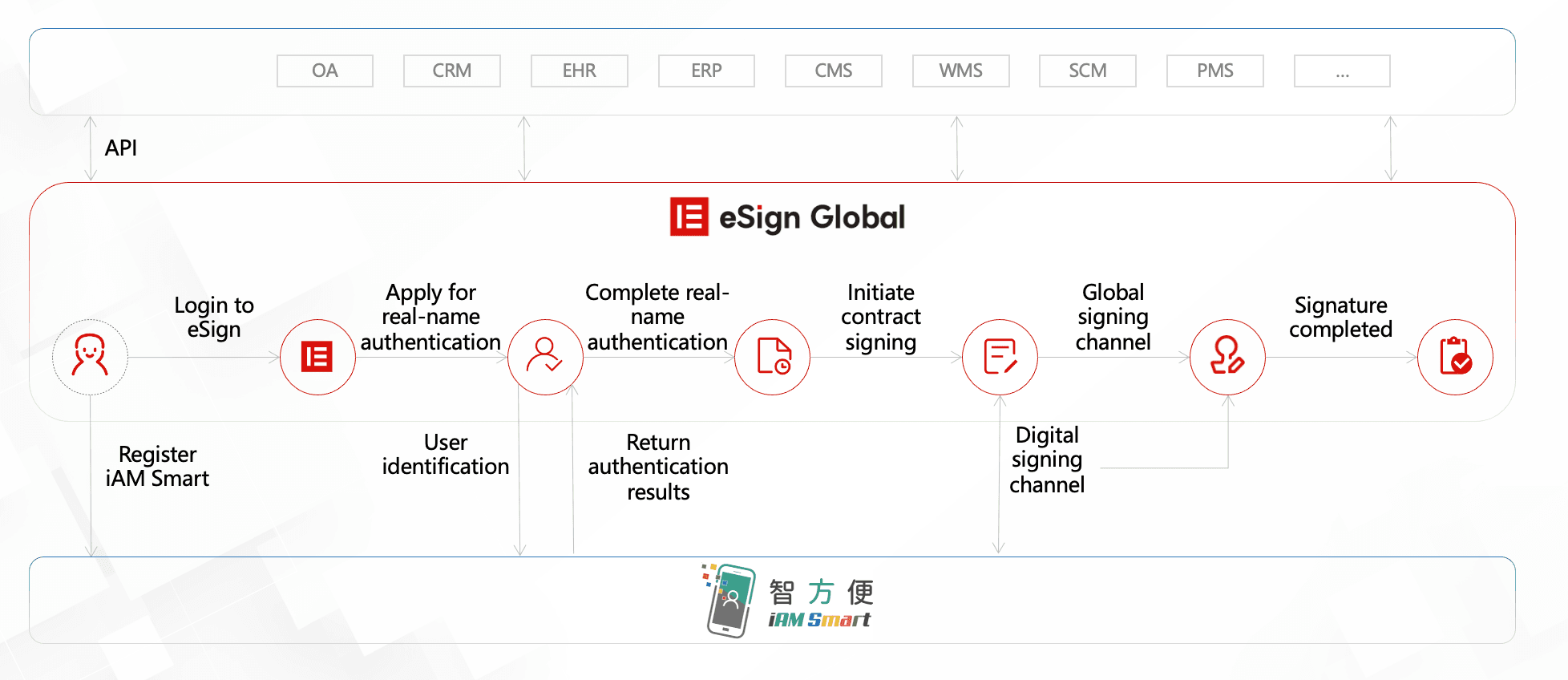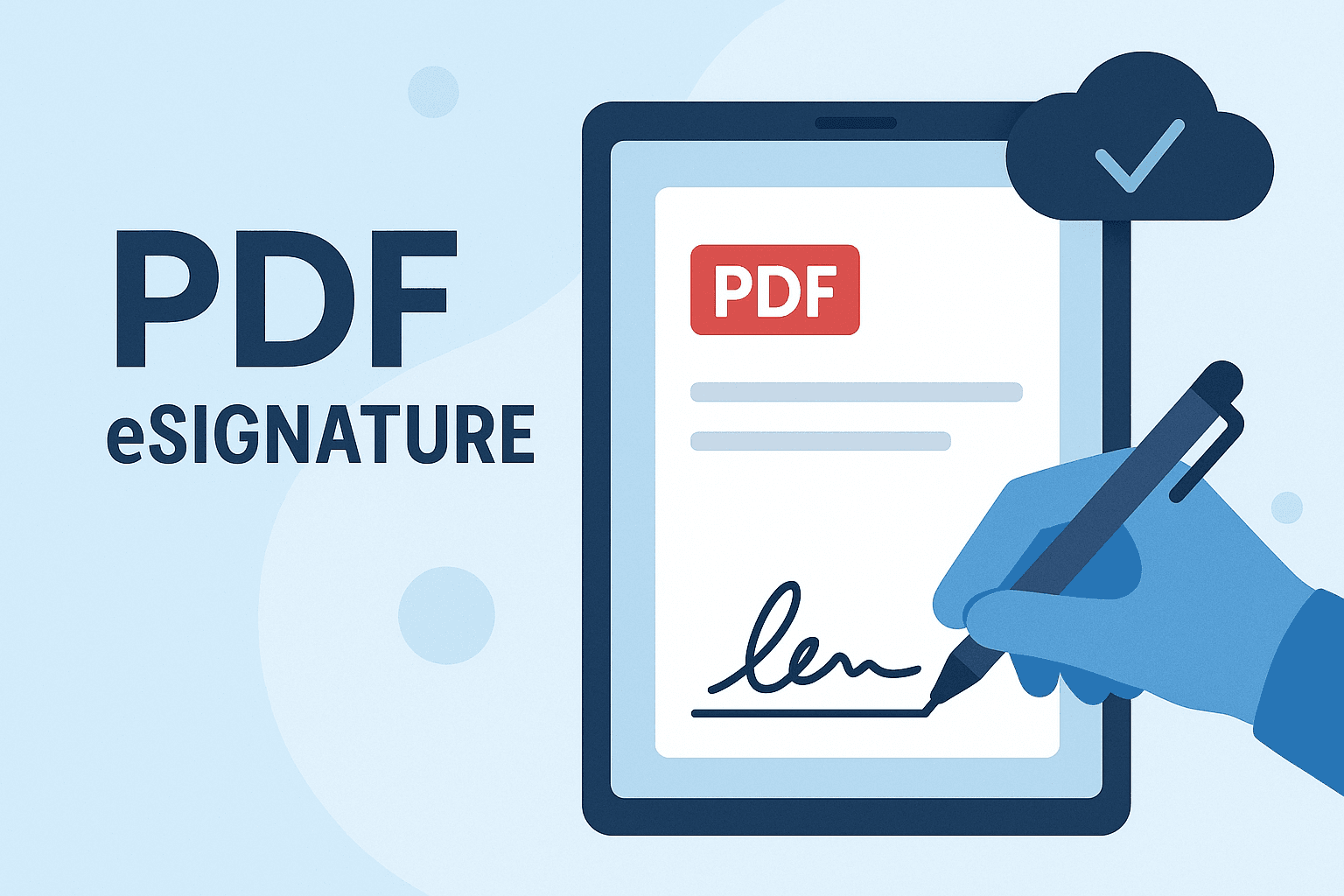are electronic signatures legal in australia





Are Electronic Signatures Legal in Australia?
In today’s digital-first world, businesses, government agencies, and individuals alike are increasingly turning toward paperless solutions. One of the most widely adopted innovations is the use of electronic signatures (eSignatures). But the question remains for many: Are electronic signatures legal in Australia?
The short answer is yes — electronic signatures are legal and generally recognized across Australia for most transactions. However, like any legal framework, the situation carries several nuances, especially for contracts and important agreements. In this article, we’ll explore the legality, regulatory context, and practical considerations for using electronic signatures in Australia.
Legal Framework for Electronic Signatures in Australia
Australia’s primary legislation governing the use of electronic signatures at the federal level is the Electronic Transactions Act 1999 (Cth), commonly referred to as the ETA. The Act’s main objective is to facilitate electronic commerce by removing legal barriers to electronic transactions.
Each Australian state and territory has also adopted its own version of this act (such as the NSW Electronic Transactions Act 2000 or Victoria’s Electronic Transactions (Victoria) Act 2000), but all follow the same principles outlined in the federal legislation. These acts allow for the use of electronic methods in fulfilling legal obligations as long as certain conditions are met.
The Three Key Requirements for Legal Electronic Signatures
Under the federal Electronic Transactions Act 1999, a signature executed electronically will be considered legally valid if it meets the following conditions:
-
Identification and Intent: The electronic signature must identify the person signing and demonstrate their intent to agree to or approve the document.
-
Reliability: The method used must be as reliable as appropriate in the context for the purpose for which the signature is required.
-
Consent: Both parties involved in the transaction must consent to the use of electronic communication for that specific purpose.
These requirements are broad, offering enough flexibility for various methods of electronic signing, such as typed names, tick boxes, scanned handwritten signatures, or more secure cryptographic digital signatures.

Exceptions: Documents That Still Require a Traditional Signature
Despite the broad acceptance of eSignatures, there are certain documents in Australia that cannot be signed electronically under current law. These include:
- Wills and some testamentary documents
- Powers of attorney (varies by state)
- Statutory declarations and affidavits (dependent on jurisdiction)
- Certain property transactions and land title documents
For example, the Torrens title system used in Australian land dealings often requires adherence to specific procedures that may not yet accommodate eSignatures. Moreover, state legislations such as those in New South Wales and Victoria have introduced temporary or more permanent reforms due to COVID-19, allowing electronic witnessing and signatures under specific conditions.
To ensure compliance, it’s important to verify the requirements for specific document types within the relevant state or territory.
Electronic Signatures in Business Transactions
The use of electronic signatures in commercial agreements has been fully embraced across different industries in Australia. From HR onboarding documents and NDAs to purchase orders and service agreements, most routine business contracts can be executed digitally.
Furthermore, large corporations and SMEs alike have integrated electronic signing platforms as part of their digital transformation strategies.

According to the ETA, as long as the signatures can:
- Be used to identify the person
- Demonstrate intent
- Be considered reliable
- And have the consent of all parties
Then the electronically signed document is generally considered valid and legally binding.
Case law has also shown support for the validity of eSignatures in contract enforcement. Courts have upheld documents signed with typed names in an email (as in the case of Stellard Pty Ltd v North Queensland Fuel Pty Ltd [2015]) as sufficient to indicate intent.
Understanding “Electronic” vs “Digital” Signatures
While often used interchangeably, there is a technical difference between “electronic signatures” and “digital signatures.”
-
Electronic Signature: A broad term encompassing any electronic method of signing, including a scanned signature or typed name.
-
Digital Signature: A specific subset of electronic signatures that uses cryptographic techniques to ensure security and integrity.

Organizations handling sensitive information — such as financial institutions or legal firms — may prefer using digital signatures backed by Public Key Infrastructure (PKI) for added security and compliance.
How COVID-19 Influenced eSignature Law
During the COVID-19 pandemic, the reliance on digital tools, including electronic signatures, increased significantly. Recognizing this shift, both federal and state governments responded by introducing temporary legislative amendments allowing for greater use of electronic signatures and witnessing via audio-visual link.
In NSW, reforms such as the Electronic Transactions Amendment (COVID-19 Witnessing of Documents) Regulation 2020 enabled remote signing and witnessing across a wider range of documents. Some of these measures have since been made more permanent, but users should stay up to date with their state’s specific laws.
Choosing a Compliant Electronic Signature Solution
For businesses operating in or dealing with counterparts in Australia, selecting a signature solution that meets local legal requirements is critical. Here are some key features to look for:
- User authentication
- Secure audit trail
- Time-stamping
- Cloud recordkeeping in compliance with Privacy Act 1988 (Cth)
- Compatibility with Australian state-specific requirements
Platforms such as eSignGlobal facilitate robust compliance through legally recognized signing methods tailored for both federal and state regulations.

International Agreements and Cross-Border Use
Australia is also a party to the United Nations’ Model Law on Electronic Commerce, signaling its support for harmonized digital transaction laws internationally. This means Australian eSigned documents are more likely to be recognized in overseas jurisdictions and vice versa, provided certain criteria are met.
However, companies doing business with Asia-Pacific partners must remain aware that eSignature legality can vary dramatically across regions such as Hong Kong, Singapore, Malaysia, and others.
Conclusion: Electronic Signatures Are Legal — With Some Caveats
In summary, electronic signatures are indeed legal and widely accepted throughout Australia, backed by consistent legislation in each state and territory. They are enforceable so long as they meet the key requirements of identification, reliability, and consent. While some types of documents still require traditional execution, the overwhelming majority of business agreements can be securely and legally signed online.
As digital commerce continues to grow, eSignatures are positioned to become the default standard of approval across industries. Whether you’re a startup, enterprise, or government entity, utilizing eSignature technology is not only legal — it’s smart business.
For users in Hong Kong or Southeast Asia, where legal compliance and data location are critical, Docusign alternatives like eSignGlobal offer regionally optimized platforms that provide both legal validity and localized support. Designed to meet regional law requirements, eSignGlobal is a trusted, secure solution.


 Only business email allowed
Only business email allowed


